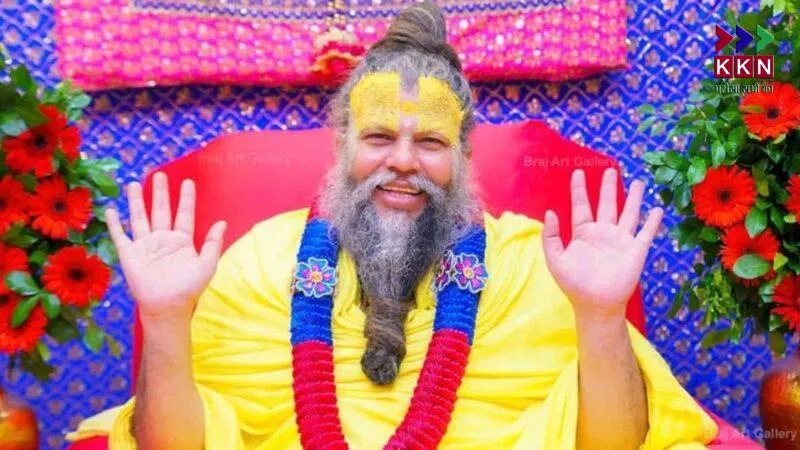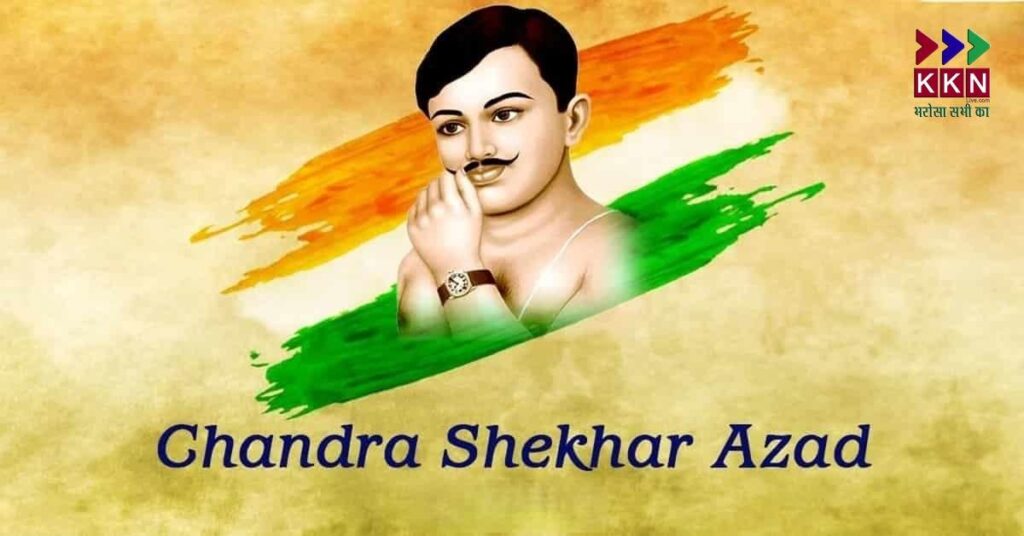
Shardiya Navratri is one of the most celebrated Hindu festivals. Each day of Navratri is dedicated to a different form of Goddess Durga. On the second day, devotees worship Goddess Brahmacharini, who symbolizes penance, strength, and wisdom. Devotees chant different Beej Mantras daily to connect with the divine energy. It is believed that sincere worship during Navratri fulfills every desire of the devotee. Many people observe fasts throughout the nine days, while some keep fast only on Ashtami. The practice of fasting during Navratri has deep spiritual significance, and spiritual leaders often explain its correct meaning.
Premanand Maharaj on the Meaning of Navratri Vrat
In his recent discourse, Premanand Maharaj shared insights on the purpose of Navratri fasting. He stated that fasting is not just about controlling food intake. According to him, the real purpose of Navratri vrat is purification of the mind and actions. A fast is successful only when a person focuses on inner purity and devotion. Maharaj explained that eating fruits while ignoring behavior and thoughts does not fulfill the true aim of fasting. He advised devotees to practice discipline in thoughts, words, and deeds during Navratri.
Five Essential Practices During Navratri
Premanand Maharaj highlighted that devotees must adopt five practices during Navratri vrat. These practices are not limited to dietary restrictions but involve a complete spiritual lifestyle. First, he said that people should focus on righteous actions during these sacred days. Second, negativity should be avoided, whether in thoughts or actions. Third, chanting the names of God and reciting mantras should be part of the daily routine. Fourth, he emphasized singing bhajans and performing kirtans to stay connected with devotion. Fifth, cultivating positive thoughts and kindness should be the focus. According to him, these five practices can make fasting meaningful and powerful.
Fasting Beyond Food Restrictions
The discourse stressed that fasting is not simply about avoiding certain foods. Many people during Navratri prepare elaborate dishes and claim to be fasting. Maharaj called this a misunderstanding of the tradition. True fasting means surrendering to God, consuming only fruits and simple prasad, and keeping the body and mind aligned with devotion. He added that fasting is not for taste but for discipline and dedication. In today’s time, people often misuse fasting by indulging in food variety instead of simplicity. This, according to him, dilutes the purpose of Navratri vrat.
Navratri as a Festival of Self-Purification
Premanand Maharaj explained that Navratri should not be treated as a ritual performed mechanically. The festival represents self-strength, spiritual energy, and devotion to the goddess. Every devotee is expected to purify the inner self and reflect upon life during these days. He emphasized that Navratri is not just about following tradition but about realizing divine power within. Devotees should see this as an opportunity to cleanse the mind of anger, greed, and jealousy. The real victory of Navratri fasting lies in inner transformation rather than external rituals.
The Role of Devotion and Discipline
According to Maharaj, devotion is incomplete without discipline. Fasting during Shardiya Navratri must include sincerity, regular prayer, and honest living. He explained that every mantra chanted with faith strengthens the connection with the goddess. Discipline in lifestyle, speech, and daily actions gives meaning to the fast. He urged followers to dedicate time for meditation and spiritual readings. In his view, even small acts of kindness during Navratri reflect the spirit of the festival. The goddess is pleased not only by offerings but by the devotee’s genuine effort to live with purity.
The Beej Mantras and Daily Worship
Navratri fasting involves daily worship of nine forms of Goddess Durga. Each day has a Beej Mantra that carries immense power. Maharaj explained that these mantras should be chanted with complete focus. Devotees must maintain silence during prayer to enhance spiritual energy. The goddess, he said, responds to pure devotion and consistent worship. Fasting alone does not bring blessings unless it is combined with chanting and meditation. Devotees should treat every day of Navratri as an opportunity for spiritual growth.
Avoiding Negativity During Navratri
A major part of the fasting discipline is keeping negativity away. Maharaj warned against anger, false speech, and gossip during these sacred days. He said that negativity in any form reduces the spiritual impact of fasting. People should try to stay calm, peaceful, and forgiving. Even small acts like helping someone or speaking kindly add value to fasting. By avoiding negative behavior, devotees can align themselves with the divine energy of Goddess Durga.
Importance of Bhajans and Kirtans
Singing bhajans and participating in kirtans is a traditional practice during Navratri. Maharaj explained that these devotional songs uplift the spirit and connect devotees with the goddess. Bhajans create a positive environment that strengthens faith. He recommended that families gather for evening bhajans and involve children in singing. This way, devotion passes from one generation to another. Music, according to him, carries divine vibrations that cleanse the mind and home during Navratri.
The Power of Positive Thoughts
Another important aspect of Navratri vrat is cultivating positive thinking. Maharaj said that devotees should replace negative emotions with positivity. Every thought should be pure, loving, and peaceful. The goddess blesses those who think good for others and practice selflessness. He explained that positive thoughts during fasting attract divine grace and prosperity. The aim of Navratri is not only worship but also personal transformation. By changing thoughts, a devotee changes life direction in harmony with dharma.
Misconceptions About Modern Fasting
In modern times, fasting has taken a very different shape. People experiment with food items, making Navratri vrat a celebration of delicacies. Maharaj criticized this trend and called it against the essence of fasting. He said that vrat should never be used for feasting. Eating several dishes under the name of fasting is not devotion. Instead, simple meals, fruits, and prasad should be the only intake. True fasting comes with simplicity, not with extravagance.
Navratri as a Path to Inner Strength
Navratri is often described as a festival of divine feminine energy. Maharaj reminded that it is also a festival of self-strength. Every devotee must realize that fasting builds willpower, patience, and self-control. These qualities help a person live a disciplined life even after Navratri ends. The goddess inspires devotees to conquer inner weaknesses. Fasting becomes a tool to build inner courage, preparing the mind to handle life’s challenges.
Combining Rituals With Inner Devotion
Maharaj concluded his discourse by urging devotees to combine rituals with inner devotion. Worship, fasting, and prayers must reflect sincerity. Navratri is not about outer show but inner transformation. Offering flowers and lighting lamps has meaning only when combined with honest faith. Devotees should remember that fasting is a bridge between human effort and divine grace. With true dedication, Navratri can change lives and bring peace and prosperity.
The teachings of Premanand Maharaj remind devotees of the true meaning of Navratri. Fasting is not just about food restrictions but about spiritual discipline. It is about purifying thoughts, actions, and lifestyle. Shardiya Navratri offers an opportunity for transformation through prayer, meditation, and positive living. Maharaj’s discourse highlights that only genuine devotion brings blessings from Goddess Durga. As Navratri continues, his message serves as a guide for devotees to observe vrat in its purest form.


